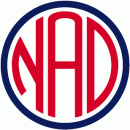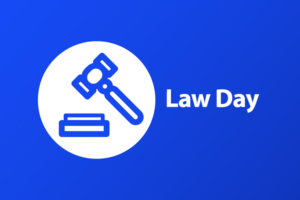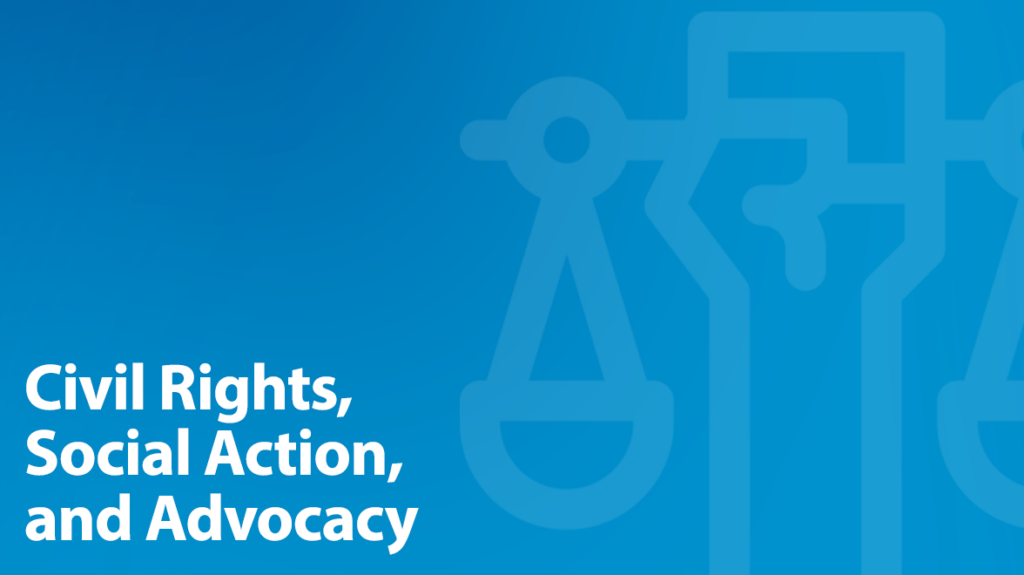
Our Cause
The National Association of the Deaf (NAD) is the nation’s premier civil rights organization of, by and for deaf and hard of hearing individuals in the United States of America. Established in 1880, the NAD was shaped by deaf leaders who believed in the right of the American deaf community to use sign language, to congregate on issues important to them, and to have its interests represented at the national level. These beliefs remain true to this day, with American Sign Language as a core value. The advocacy scope of the NAD is broad, covering a lifetime and impacting future generations in the areas of early intervention, education, employment, health care, technology, telecommunications, youth leadership, and more – improving the lives of millions of deaf and hard of hearing Americans. The NAD also carries out its federal advocacy work through coalition efforts with specialized national deaf and hard of hearing organizations, as well as coalitions representing national cross-disability organizations. On the international front, the NAD represents the United States of America to the World Federation of the Deaf (WFD), an international human rights organization. Individual and organizational membership makes it possible for the NAD to ensure that the collective interests of the American deaf and hard of hearing community are seen and represented among our nation’s policy makers and opinion leaders at the federal level. The NAD is a 501(c)(3) nonprofit organization supported by the generosity of individual and organizational donors, including corporations and foundations.

*Ranges calculated below based on payroll deductions from 24-26 total paychecks in a year.
How Your Workplace Donations & Matching Gifts Make a Difference:
$100 - $250
Total Annual Pledge
($5 - $10 per pay period)
$250 - $650
Total Annual Pledge
($15 - $25 per pay period)
$780 - $1300
Total Annual Pledge
($30 - $50 per pay period)
Our Stories
Boost This Organization's Impact Through Cause Funds
Designed to empower donors and employers to support America's Charities nonprofit members through workplace giving or as a stand-alone donation option, each fund focuses on a specific cause and features a selection of vetted America's Charities members working directly to address that cause.
Each donation to a fund is distributed equally between the America’s Charities nonprofit members featured in the fund. By supporting one or more of these funds, individuals and corporations alike can make a direct, meaningful difference.
You can help support this member charity through the following cause funds:




